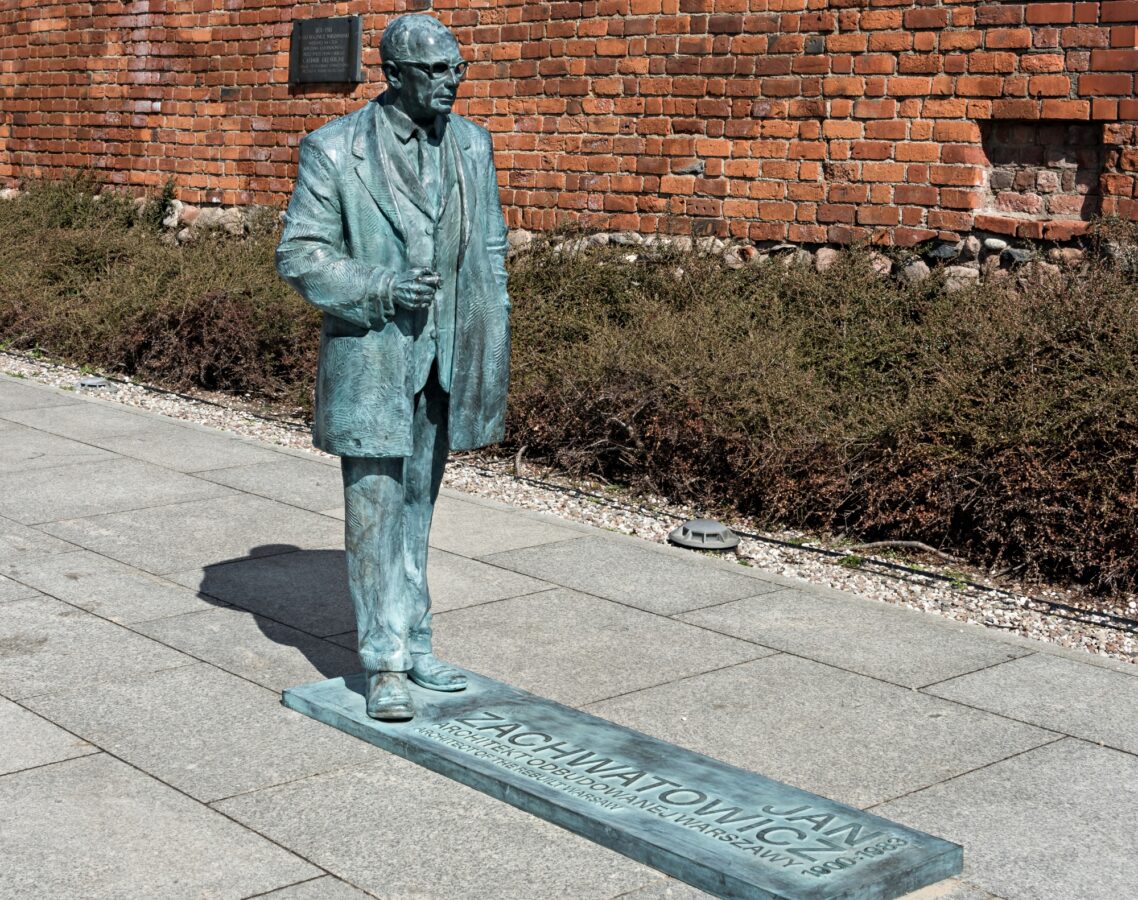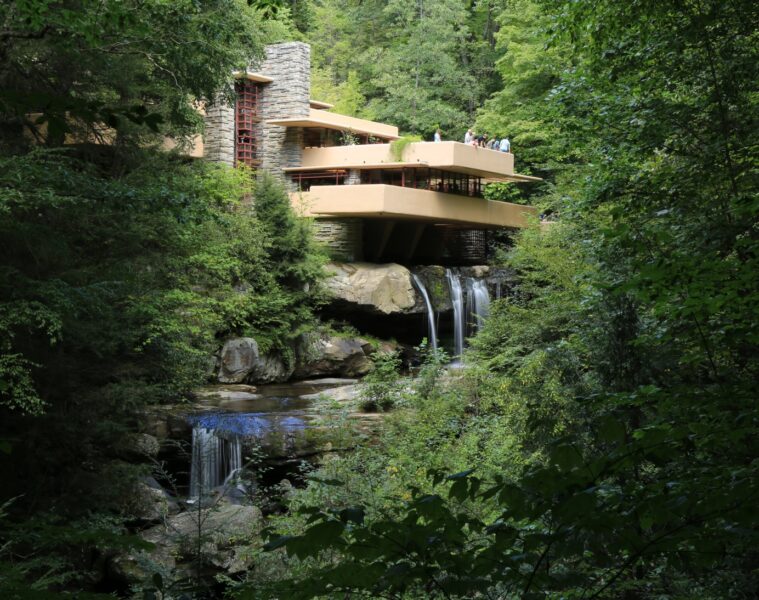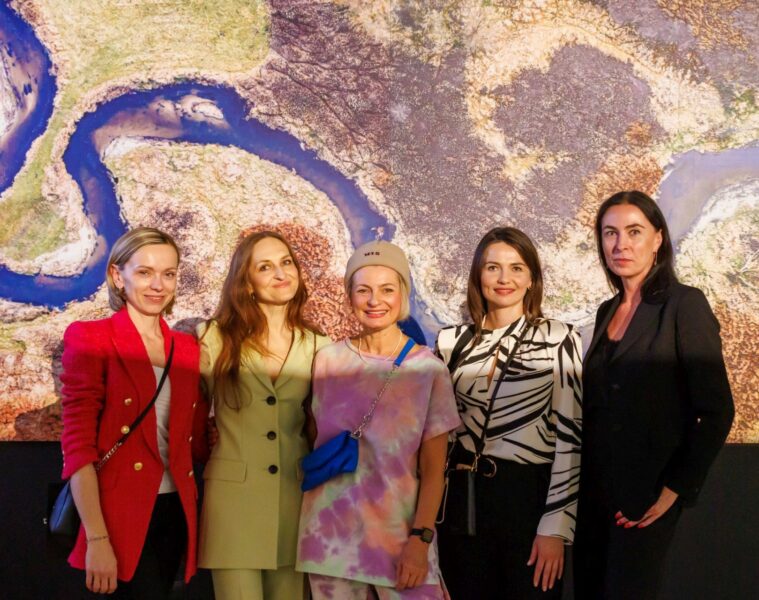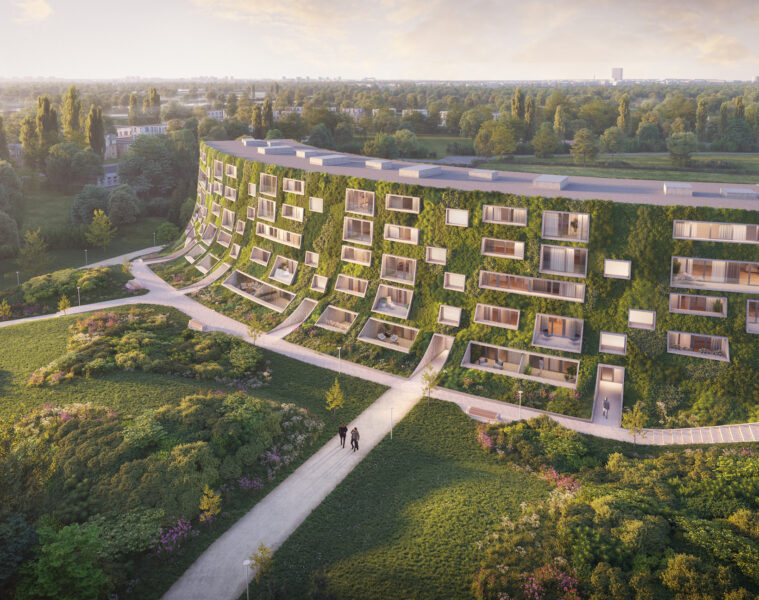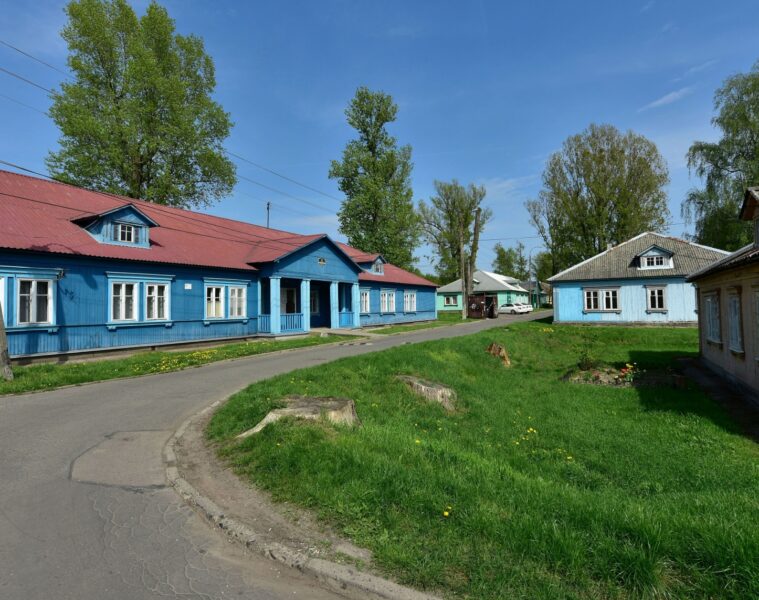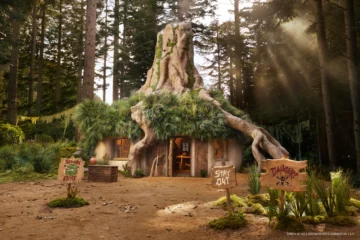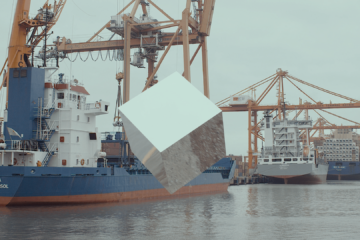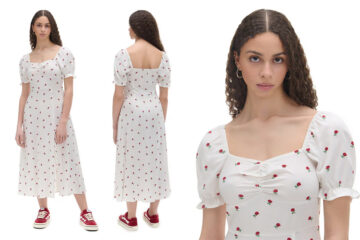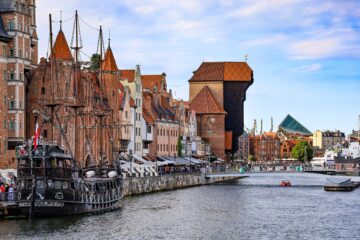If one were to ask the statistical inhabitant of our country what he or she would not be able to imagine his or her daily existence without, one of the most frequently mentioned products without a shadow of a doubt would be coffee. However, the further one goes, the more it transcends the boundaries of the usual louche we sip on sandwiches in the morning. Coffee has become an art. To further our knowledge of this black brew, we spoke to coffee expert Arijana.
How would you define what a ‘good’ coffee is? How do you recognise it?
It all depends on who we ask this question to. If we ask an ordinary consumer who is not too interested in the world of coffee, he or she will give a very simple answer: a good coffee is a tasty one. If you ask an expert, however, he or she will explain more and even tell you how to tell the difference – for him or her it will always be the highest quality coffee.
On the packaging of a premium coffee, you will usually find the following information: the exact place of origin (even the name of the farm or the farmer), the type (a specific subspecies of Arabica), the processing method, the type of roasting and recommendations as to which brewing method this coffee is most suitable for. The better the coffee, the more information about it. On the packaging, you will also often see the word ‘Specialty’ and the SCA (Specialty Coffee Association) rating. According to this organisation’s scale, coffees are rated out of 100 points for various characteristics (appearance of the beans, quality, taste, aftertaste…). Only a coffee with a score of more than 80 points will be awarded the title ‘Specialty’. This can be compared to a ‘good’ or ‘premium’ coffee label.
Of course, another important aspect is freshness. Coffee is, after all, a food product, so the fresher the beans (just like only what is baked bread), the better it tastes. Therefore, even if you are buying speciality coffee, you should pay attention to the roast date. And who can offer the freshest roasted coffee? Local roasters!
In this case, does the ordinary consumer, who does not know what speciality coffee is, lose a lot? Why is it worth delving into the world of coffee?
Few people know that coffee has more flavours than wine – around 1,000 different notes! When it comes to speciality coffee, these notes are very distinct. You can sense chocolate, nuts and even wine or tropical fruits such as kiwi or mango. If we limit ourselves to the coffees offered in supermarkets, we are unlikely to discover the richness of the world of the black brew. So it’s worth seeking, tasting and letting yourself be surprised.
Speaking of speciality coffee, can we say that its sector is niche?
Speciality coffee currently accounts for 20% of global coffee exports. It is therefore a niche sector, but the good news is that it is growing steadily year on year (annual growth is forecast at 10-20% depending on the region).
As the speciality coffee sector continues to grow, presumably people’s awareness of good quality coffee is also growing?
You are right, people are becoming more aware of what good quality coffee is and are looking for it. This is evidenced by the ever-growing interest in speciality coffee (as I said, 10-20% growth per year) and the willingness to pay more for it (sales are increasing year on year). Even manufacturers of instant coffee or capsules have to adapt to this, so high-quality instant coffee is no longer an oxymoron, but a reality. I have observed that customers are increasingly asking during purchase how and where the coffee was roasted, what type it is, how to prepare it…. This shows that people and more are becoming curious about the subject of the black brew.
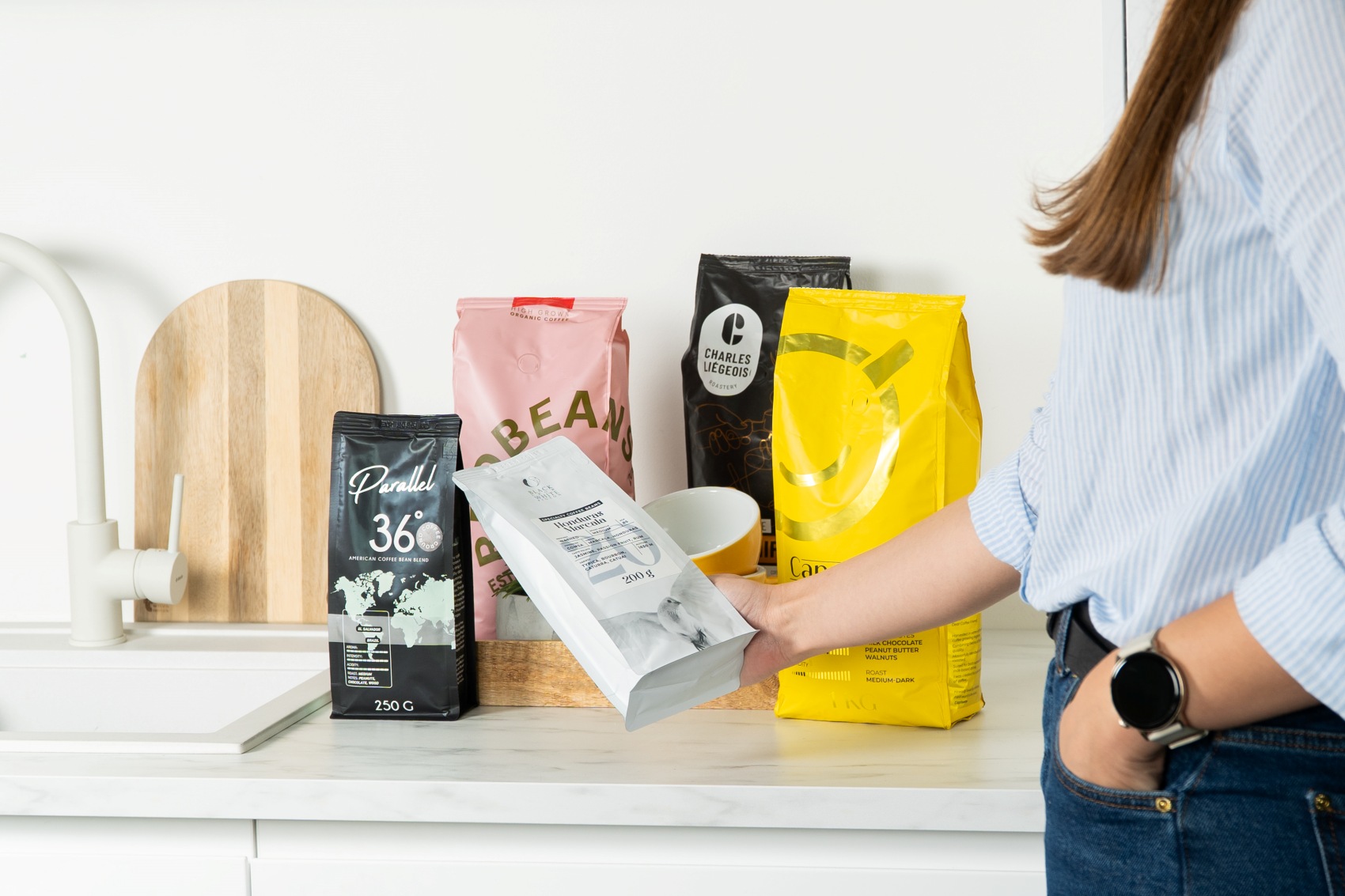
It is interesting that the same beans that end their journey in a cup of black brew are so diverse. Why is coffee from one region so different from that from another?
Many factors influence the taste of coffee: the type of coffee bean (Arabica typica will differ from Arabica bourbon), the proper care of the coffee tree, the harvesting method (manual or automated), the processing (wet processed coffee will differ from dry or anaerobic processed coffee), the roasting process (the same coffee, but roasted in a different way, has a different taste). And of course another important factor is the climate, the soil, which varies from region to region. Planting the same bean in one type of soil at 1 000 m above sea level and in another type of soil at 2 000 m above sea level will produce completely different coffees (even in the same region).
You said that coffee can be harvested by hand. Does this mean that people pick each coffee fruit individually? After all, it’s so much time and effort…
There are a couple of points to be made here: quality coffee is distinguished by the fact that all its fruits must be harvested when they are fully and uniformly ripe. They do not naturally ripen at the same time, and it is difficult to harvest such crops in an automated way (unless a machine can recognise whether a berry is ripe). Another important point is that very good coffees are often grown in the highlands, where coffee trees grow at different heights and on hilly terrain, where the use of large equipment is not possible. Automated harvesting is therefore limited to very large plantations with extensive flat fields (such as those used to produce coffee for the mass market).
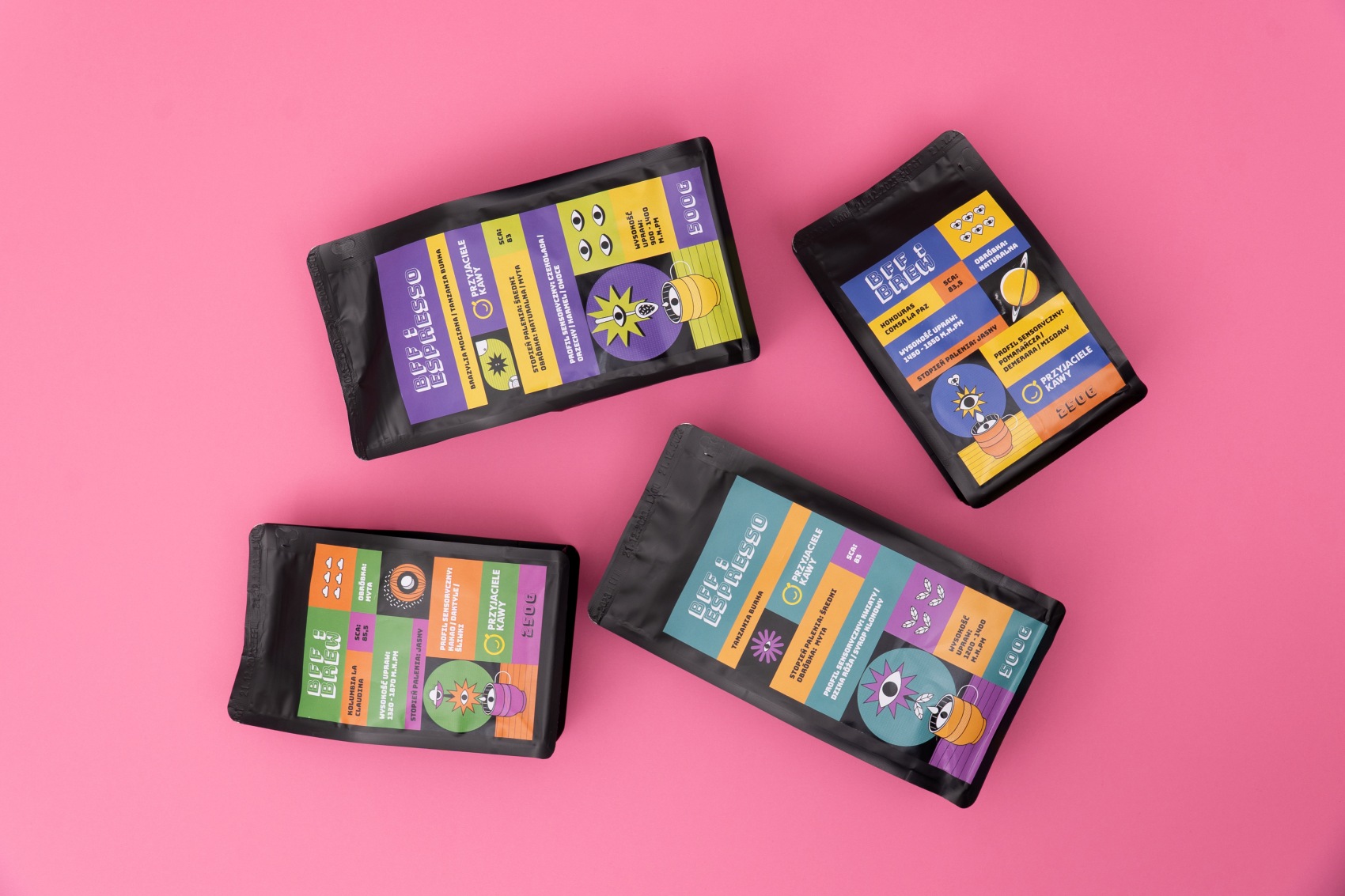
After today’s talk, I came to the conclusion that coffee is a river topic. Could you give some advice to people who want to enter its world?
The most important thing is to taste as many different coffees as possible, paying attention to the information about a particular coffee. Then we will gradually begin to distinguish between flavours – let’s say this is the moment of initiation. Let’s drink the coffee thinking about what notes we detect, compare the taste to the description on the packaging. In this way we will learn about the world through our own experience, directly, without any complicated theory. In the end, it’s the personal feeling and savouring of the coffee that counts.
With all this knowledge in mind, we have created a line of BFF [Best Friends Forever] coffees – coffees of the highest quality – so good that you can offer them to your best friend or friend without hesitation. Not only are they ‘speciality’, but they are also roasted in small quantities here in Poland to ensure maximum freshness. Two of the coffees – from Honduras and Colombia – are designed to be prepared using various pour-over methods, while another two – from Tanzania and Tanzania/Brazil – are designed for espresso machines. So you can start your coffee journey with this brand, I recommend!
source: Friends of Coffee(www.przyjacielekawy.pl)
Also read: Restaurant | Interesting facts | Featured | Interviews | whiteMAD on Instagram
Sponsored article.


